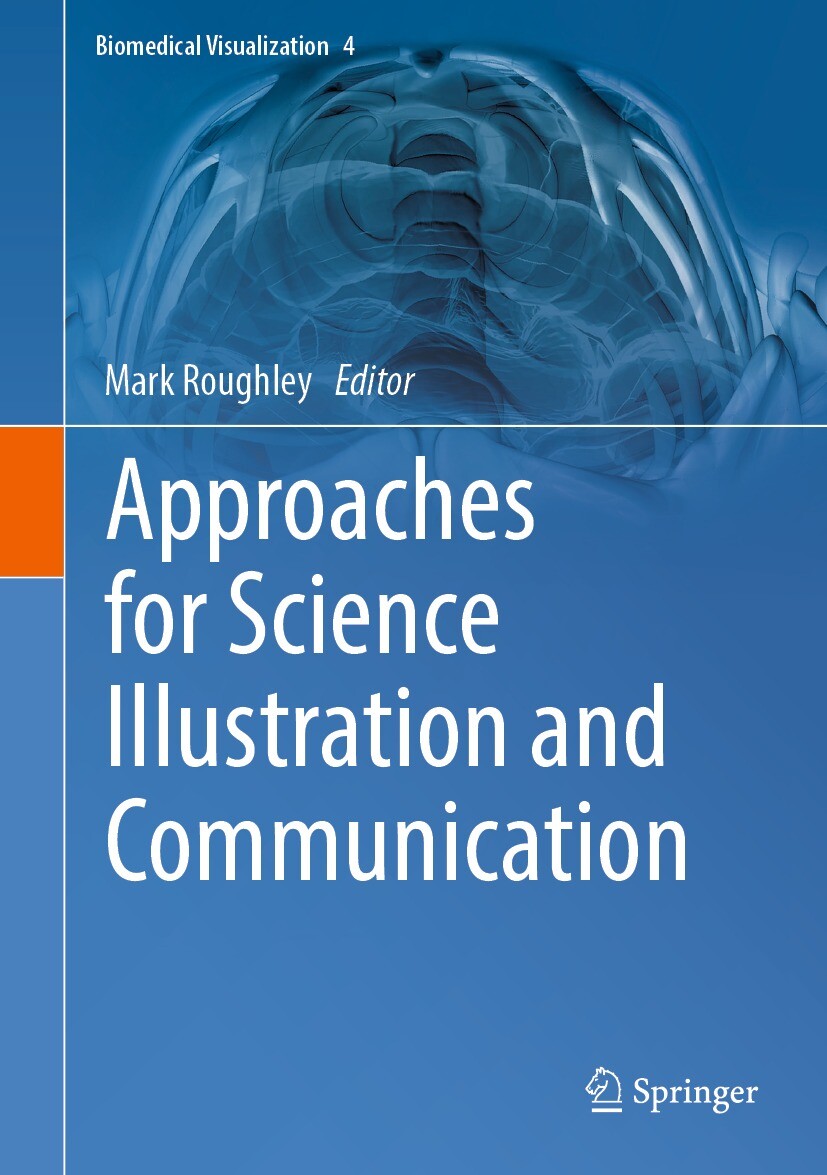Approaches for Science Illustration and Communication
| Auflage | 1. Auflage, 2023 |
| Verlag | Springer-Verlag |
| ISBN | 9783031416521 |
Produktbeschreibung
This edited book explores the breadth of approaches undertaken by scientists, artists and communicators in their crucial role making science accessible, engaging and impactful.
Contemporary approaches in science illustration and visualization include a variety of creative methodologies that are valuable for effective communication, teaching, learning and professional practice. These range in method from anatomical drawings used in medical curricula, to 2D animations and editorial illustrations available in the public realm. They also include unexpected approaches such as the use of tabletop board games, comics and collage in understanding our bodies, emergent health threats and cutting-edge science developments.
If you are a scientist seeking to enhance your ability to communicate your research or an artist interested in biomedical visualization, this volume serves as an introduction to contemporary approaches in science illustration and communication. By understanding the creative methods and techniques employed in this field, we can collectively work towards fostering a deeper appreciation of art in science, and continue to captivate and inspire audiences worldwide.
Mark Roughley is a Reader in Interdisciplinary Digital Visualisation at Liverpool School of Art & Design, Liverpool John Moores University, and is a researcher in the Face Lab research group that explores faces and art-science applications. Mark trained as an illustrator (BA(Hons)) and subsequently as a medical artist (MSc). He is a professional member of the Institute of Medical Illustrators (UK), a Section Editor for the Journal of Visual Communication in Medicine, and a Fellow of the Higher Education Academy (UK).
Mark specializes in visualising anatomy through 3D data acquisition, modelling and fabrication. His research focuses on the affordances that 3D digital technologies allow for both digital and haptic interaction with anatomical and cultural artefacts. He has published widely in relation to medical illustration and 3D facial depiction of people from the past.
Mark is the Programme Leader for the MA Art in Science programme at Liverpool School of Art & Design, which brings artists and scientists together to explore collaborative approaches in art and science. Additionally, Mark is the host of the art-science Liverpool LASER Talks (Leonardo Art Science Evening Rendezvous); Leonardo: Art Science and Technology's international public engagement series.